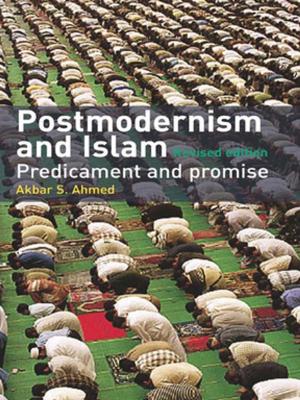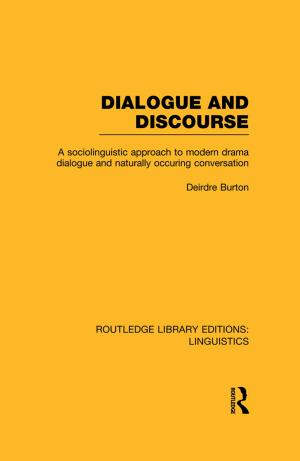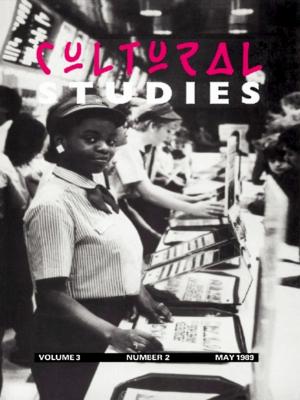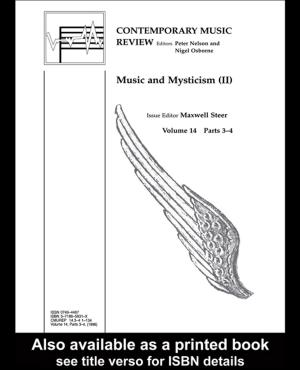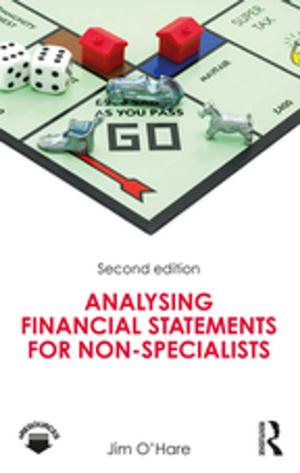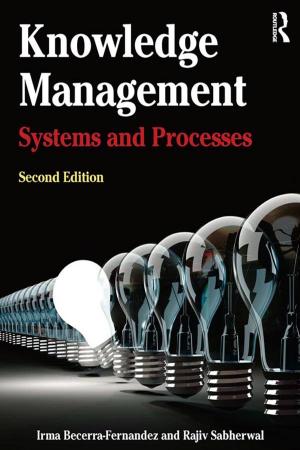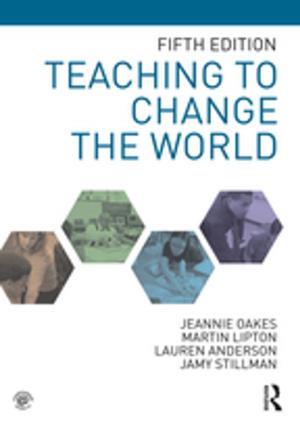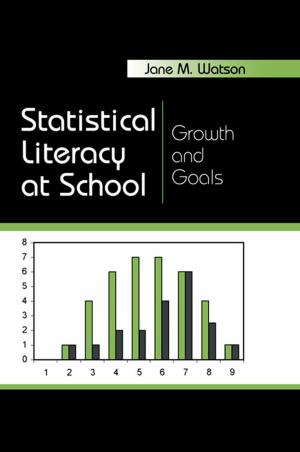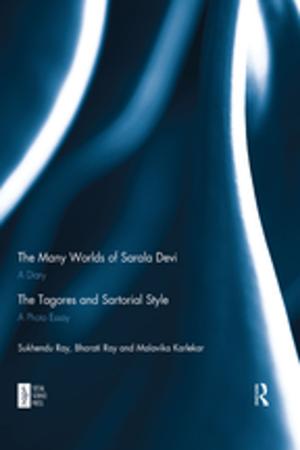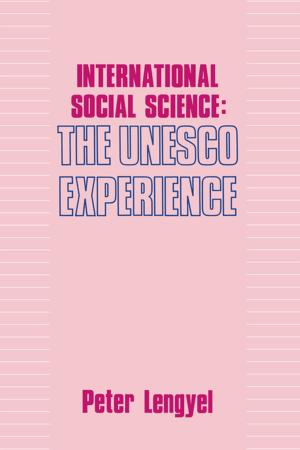Contesting the Monument: The Anti-illusionist Italian Historical Novel: No. 10
The Anti-illusionist Italian Historical Novel
Fiction & Literature, Literary Theory & Criticism| Author: | Ruth Glynn | ISBN: | 9781351196536 |
| Publisher: | Taylor and Francis | Publication: | December 2, 2017 |
| Imprint: | Routledge | Language: | English |
| Author: | Ruth Glynn |
| ISBN: | 9781351196536 |
| Publisher: | Taylor and Francis |
| Publication: | December 2, 2017 |
| Imprint: | Routledge |
| Language: | English |
"In the second half of the twentieth century, the Italian historical novel provided an unrivalled number of best sellers and publishing 'phenomena'. The success of the genre is closely related to a more general interest in revisiting the past in the light of a changed understanding of the nature, or philosophy, of history. This study aims to explore the particularly marked increase in the production and popularity of the historical novel in the period between the mid-1960s and the early 1990s, with reference to current debates on the nature of history. It presents a theoretical framework which establishes the centrality of philosophy of history to the development of the genre. The employment of this framework opens out the discussion of literary change to the consideration of historiographical developments and wider critical debate. The theoretical insights gained inform the close textual analysis provided in the chapters dealing with novels written by five of Italy's foremost contemporary writers: Leonardo Sciascia, Vincenzo Consolo, Sebastiano Vassalli, Umberto Eco, and Luigi Malerba."
"In the second half of the twentieth century, the Italian historical novel provided an unrivalled number of best sellers and publishing 'phenomena'. The success of the genre is closely related to a more general interest in revisiting the past in the light of a changed understanding of the nature, or philosophy, of history. This study aims to explore the particularly marked increase in the production and popularity of the historical novel in the period between the mid-1960s and the early 1990s, with reference to current debates on the nature of history. It presents a theoretical framework which establishes the centrality of philosophy of history to the development of the genre. The employment of this framework opens out the discussion of literary change to the consideration of historiographical developments and wider critical debate. The theoretical insights gained inform the close textual analysis provided in the chapters dealing with novels written by five of Italy's foremost contemporary writers: Leonardo Sciascia, Vincenzo Consolo, Sebastiano Vassalli, Umberto Eco, and Luigi Malerba."

